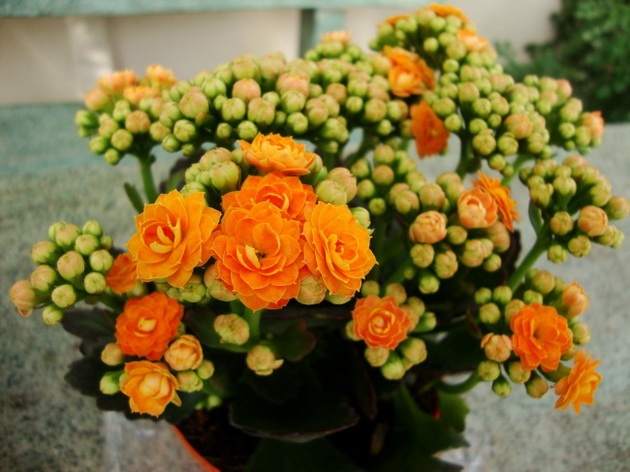10 Plants That Will Create The Perfect Microclimate In Your Home

Many people are not aware of the amazing capabilities that plants have in improving the microclimate in their own homes. The plants stabilize the humidity and provide oxygen. The benefits of their presence in the home is extremely important for children and those suffering from allergies. The following 10 plants have the power to improve the microclimate in your home:
1. Peace Lily (Spathiphyllum)
There is a belief that this plant will bring happiness and love into your home. It reduces the humidity and thereby normalizes the climate in the home. It also destroys mold.

2. Coffee
This plant bears fruit in the fifth or sixth year, so it’s best to buy a grown one. It is great for absorbing excess moisture and filling the air with lovely tropical scent during the flowering period.

3. Myrtle
A symbol of peace and satisfaction. In the past it was believed that this plant is an elixir of youth. The leaves and flowers of this plant will destroy the germs in the air.

4. Laurel
Laurel leaves have long been considered a symbol of glory and victory. This plant absorbs moisture in the air and improves the microclimate. After drying, the leaves of this plant can be used in food preparation.

5. Lemon
Lemon Tree is a wonderful plant from several aspects. During the blooming, it fills the air with a wonderful fragrance, while it absorbs excess moisture from it. The leaves provide a range of medicinal substances and sterilize the space around it.

See also: How To Grow A Lemon Tree In A Pot From A Seed
6. Cypress
In Japan, the cypress is considered sacred tree. This evergreen plant refreshes the home and regulates humidity. Cypress even reduce symptoms of migraine and headache, and in return it demands shade and regular watering.

7. Sansevieria
This plant refreshes the air and produces a large amount of oxygen. It also neutralizes the harmful gases produced by synthetic materials.

8. Ficus
Ficus is the most popular houseplant. It provides moisture in the air and fills it with oxygen, neutralizes toxins and viruses. The most famous version is ficus benjamina, named after the British botanist.

9. Cissus
This plant is similar to the ivy. It wraps around any surface and is growing with the leaves facing the sunlight. Easily adaptable to dry air, which provides gradually with humidity.

10. Kalanchoe
This plant originates from Madagascar. It is adjustable to the arid environments and accumulates the moisture from the air through the leaves. It does not require much water, or too much sunlight.



